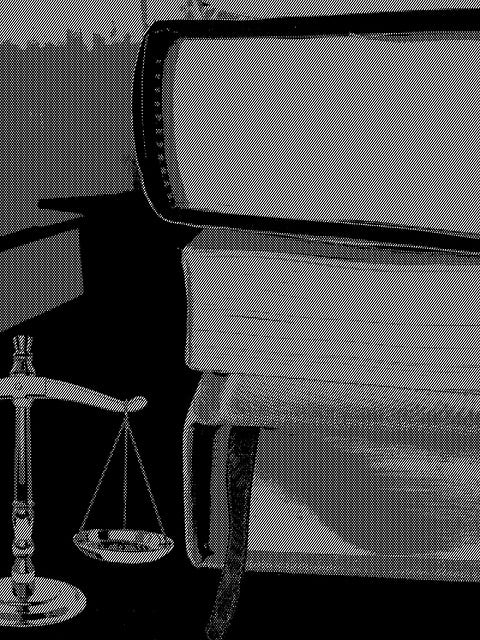Oregon's stringent DUI legal framework deters impaired driving with zero tolerance, harsh penalties, and advanced testing methods. After a structured arrest process, defendants face arraignment, pretrial hearings, and a trial where strategic defenses navigate Oregon's unique legal standards, challenging evidence admissibility and procedural errors. The state offers legal aid, educational programs, and rehabilitation options within its comprehensive DUI legal framework to promote safety and address underlying issues.
Oregon has a stringent DUI (driving under the influence) legal framework, with strict regulations and penalties. This comprehensive article explores Oregon’s DUI laws and regulations, delving into the legal process following an arrest, defense strategies employed in the state’s courts, and crucial resources for accused individuals. Understanding this legal framework is essential for anyone facing DUI charges in Oregon.
- Oregon's DUI Laws and Regulations
- The Legal Process for DUI Arrests
- Defense Strategies in Oregon Courts
- Resources for DUI Accused Individuals
Oregon's DUI Laws and Regulations

Oregon has a strict DUI (Driving Under the Influence) legal framework in place, designed to deter impaired driving and ensure public safety. Under Oregon law, it is illegal to operate a motor vehicle while under the influence of alcohol or controlled substances. The state employs a zero-tolerance policy, with legal consequences escalating based on the level of impairment and prior offenses.
The DUI regulations in Oregon include stringent blood alcohol content (BAC) limits, with penalties varying for first-time, second-time, and third-offense DUIs. Law enforcement officials are authorized to conduct sobriety tests and use breathalyzers or other testing methods to determine BAC levels. Those charged with a DUI face potential jail time, fines, license suspension, and mandatory participation in alcohol education programs as part of their legal defense within this robust regulatory system.
The Legal Process for DUI Arrests

In Oregon, a DUI (Driving Under the Influence) arrest follows a structured legal process designed to protect the rights of both the accused and ensure fair procedures. After a motorist is pulled over and suspected of driving while impaired, law enforcement officers will conduct field sobriety tests to assess the individual’s level of impairment. If these tests indicate potential intoxication, the officer may place the driver under arrest and transport them to a station for further testing. At this point, the legal framework comes into play, ensuring that both the accused and their attorney are well-versed in Oregon’s DUI laws.
During the initial stop, officers must adhere to specific protocols, including informing the arrested person of their rights regarding silence and legal representation. This is crucial as any statements made during this period can be used in court. The legal process continues with a criminal complaint being filed, leading to an arraignment where the defendant enters a plea. From here, the case progresses through pretrial hearings, ultimately culminating in a trial where the legal defense team presents arguments and evidence to challenge the prosecution’s case, navigating Oregon’s DUI legal framework with strategic precision.
Defense Strategies in Oregon Courts

In Oregon courts, defense strategies for DUI (Driving Under the Influence) cases are shaped by the state’s specific legal framework. One key aspect is the emphasis on challenging the admissibility of evidence, particularly breathalyzer and blood test results. Defendants can employ experts to scrutinize the calibration and operation of these devices, aiming to cast doubt on their accuracy. Additionally, attorneys may argue that a client’s rights were violated during the arrest or collection of evidence, such as improper stop procedures or lack of proper Miranda warnings.
The state’s DUI laws also allow for potential defenses centered around procedural errors. For instance, if an officer fails to follow protocol when administering field sobriety tests, it could weaken the prosecution’s case. Another strategy involves exploring any mitigating factors that might reduce the severity of the offense, such as requesting a jury instruction on the lesser charge of reckless driving under specific circumstances. These approaches reflect Oregon’s commitment to ensuring a fair DUI legal process within its framework.
Resources for DUI Accused Individuals

In Oregon, individuals facing DUI charges have access to a range of resources designed to support them within the state’s DUI legal framework. Legal aid organizations and public defenders play a crucial role in providing affordable or free legal representation to those who cannot afford private counsel. These professionals help navigate the complex legal system, ensuring that accused individuals understand their rights and options under the law.
Beyond legal assistance, Oregon offers various support services for DUI defendants. This includes educational programs focused on promoting safe driving practices and alcohol or drug rehabilitation options for those struggling with addiction. Such resources collectively aim to address not only the legal consequences of a DUI but also the underlying issues that may have contributed to the incident.






